Anyone who is even the least bit plugged into contemporary Canadian literature probably doesn’t need to be told who Drew Hayden Taylor is. The novelist and playwright is prolific on a level contested by precious few writers working today.
His novels are taught in high school classes, his essays read in universities, and his plays performed at the National Arts Centre. Taylor is, in many respects, a critical darling and a veritable fixture of contemporary Canadian literature—and he just so happens to have been born, and still reside in, Curve Lake First Nation, mere minutes outside Peterborough.
While I first read his novel Motorcycles and Sweetgrass in a high school English class, in my time at Peterborough’s Trent University I’ve read my fair share of Taylor’s other works. Just this past year, the university conferred him an Honorary Doctorate of Letters as part of the graduating class of 2023.
On January 18th, 2024, I had the pleasure of attending the launch of Taylor’s latest novel, COLD, at Take Cover Books in East City, Peterborough, ON. Now, days later, I’ve caught up with the author over Zoom to ask about his practice, the honorary degree, and how it feels to be a rockstar of contemporary literature.
Arthur Newspaper: I’d like to talk to you about your new book.
Drew Hayden Taylor: (laughs) Okay.
AN: How has the experience of launching this book differed from your prior published outings?
DHT: Well, this is only my fourth novel. My 35th book, but my fourth novel.
They’re all different. I did not have a launch for Chasing Painted Horses. I don’t think I had one for the vampire novel [The Night Wanderer]. I’m trying to remember, because keep in mind I’ve been writing for 30 years. I do not remember if I had one for Motorcycles and Sweetgrass—I must have.
Most of my books have been plays, or collections of non-fiction that haven’t had official launches. Launches are actually quite rare in this ongoing day and age. A thousand years ago, when one of my original books came out—a book called Funny, You Don’t Look Like One —in the early 90s, we had a launch at a place in Toronto and a lot of people showed up for that.
I think in the 2000s, the late 1990s or whatever, it died out—book launches aren’t what they used to be, so I can’t tell you how delighted and how pleased I was with the appearance in Peterborough.
The week prior to that we had a launch at a bookstore in Toronto where maybe a third of that amount showed up for the book launch, so I was delighted with the Peterborough response.
AN: Yeah, I’ve never seen that many people in Take Cover Books before.
DHT: I’d asked Take Cover, I think they had three or four other launches and they said this was the biggest one they’d seen.
AN: How does it feel to be one of these authors who is held up as one of the current vanguard of “CanLit”—for lack of a better term—especially as an Indigenous writer writing about the Indigenous experience being held up as a symbol of this supposed “Canadian Culture?”
DHT: Well, it makes me feel very old (laughs).
It was a couple of years ago, I was at the dentist in Lakefield having my teeth cleaned, and the dental hygienist said to me, “You’re the guy from Curve Lake who writes plays and books, right?”
And I went, “yes,” and she goes “Yes, I remember in high school we studied one of your plays!”
I said “Oh really, which one?” and she goes “Oh, I don't remember that was so long ago, I forgot,” and that just makes me feel old.
It's an interesting feeling because I'm one of several dozen native writers across the country and my stuff gets into a lot of curriculums in high schools and universities, primarily because I explore a lot of the same issues that a lot of—shall we say—darker writers do, but I encapsulate it with humour.
I’m a firm believer that humour can teach and share as much understanding and as much history as straight drama can, and as a result it makes myself a lot more palatable to younger people.
As I said, you have the stuff that’s dark, depressing, bleak, and angry, and you have my stuff that deals with a lot of the same things, but covered in yogurt, or sugar (laughs).
It’s not my intention, that’s just who I am. I find myself gravitating towards the celebration of the Indigenous and humour.
I was having a conversation with an English teacher; as you know, Grade 11 English in Ontario is now mandatory Indigenous Literature, and they have to put together a curriculum. I remember this teacher saying that some of these teachers get together—they’re on the selection board—and they were like, “Okay, we need a native play,” and they pick one of mine.
“Right, we need a novel,” “We need essays,” etcetera, and my name keeps coming up because I work in so many fields.
And one guy says “I like his stuff as much as anybody else, but we need to pick other people!”
I find it very odd that I’m at the forefront of a lot of this stuff—which I’m very flattered about—but I was trying so hard because I’ve never taken a writing course in my life, and I just suddenly woke up one day and decided I was gonna be a playwright!
Somehow it seems to work!
AN: You were awarded an honorary doctorate by Trent University this summer.
DHT: It was my third one!
I think I’ve said repeatedly, I find this whole academia thing so odd, because I’ve never been to university, yet I’ve lectured in over three hundred in countries all over the world.
My first honorary doctorate was from Mount Allison, and a week before the Trent one, I got one from McGill. So I literally was going from McGill, going through all the pomp and circumstances of getting an hon doc there and then a handful of days later, I'm at Trent getting one there.
I just find it so amazing, and such an honour to do stuff like that.
I tell people that I have a longer history with Trent than most of the people who work there. When I was sixteen, I was hired as a summer student to paint the residences of Otonabee College, and shampoo the rugs up there. This would’ve been the late 70s.
Then I’ve applied twice to the Canada Research Chairs for the Indigenous Theatre program as somebody involved in theatre, as somebody from the area etcetera. Both times I was turned down for it!
So, I never quite knew where I stood at Trent and this was, I gotta say, an incredible, incredible honour.
(laughs) I think they like me now!
AN: Specifically discussing this most recent book, COLD, I have to ask—Prof. Elmore Trent, does the name come from Trent University, or is it just coincidence?
DHT: It’s so funny you ask that.
You know, you sit around, you try to come up with names. Sometimes they have resonnance, like a lot of the names in Motorcycles and Sweetgrass; there’s a point to them.
This one not so much.
I think I was looking for an interesting last name with some sort of hint to some indigeneity. If I remember correctly, Trent is one of the few universities where you can get a PhD in Indigenous Studies.
So, I was sort of thinking: “He’s a professor of Indigenous Literature, what can I do? Oh, I know! Let’s give him the last name Trent!”
I did it kind of half-heartedly, as a joke.
AN: And it made it to the final draft?
DHT: Yeah, yeah. That was fun!
It’s really interesting coming up with names, because sometimes they can come around and bite you in the ass.
Are you familiar with my play, Cottagers and Indians?
AN: Of course.
DHT: And you remember the name of the woman? Her name was Maureen Poole.
When I was going on tour—it was going to go to Bobcaygeon—it was being brought in by the Truth and Reconciliation Community Bobcaygeon, and they were very nervous.
They asked me “Why did you name her Maureen Poole?”
I said, “Well it’s Arthur Copper and Maureen Poole. Copper is earth, Poole is water.” That ‘pool’ can refer to a swimming pool, more of an artificial water—sort of going for some sort of metaphor.
And I said, “Why?” and they said “Well, I’m not sure if you know this but one of the wealthiest families in Bobcaygeon, their last name is Poole, and we were wondering if you were making a statement of some kind.”
It was sheer accident, I was going for a metaphor, not a statement.
AN: Your characters are one of the things for which you’re probably best known. You tend towards ensemble casts, which I would say are again present in COLD. How do you develop your characters?
DHT: It’s hard—each story has its own genesis.
Sometimes, depending on the story, I’ll come up with a story and then I develop the characters to service the story, and then other times I’ll come up with a story that services the characters.
For something like Cottagers and Indians, I needed a native character, and I needed a white character with opposing viewpoints. They were both entwined; they could not be separated from one another.
With something like COLD, I was looking to write a really interesting story that combined police procedural—it was horror, it was comedy, it was a bunch of different things. In order to achieve it, the story required characters.
If I’m doing a murder thing with the Wendigo eating people here and there, there needs to be some trace—there’s going to need to be a cop.
I needed to have a chase motif coming through, so I needed two different characters running from each other—that’s where the two women came from.
The two guys I wanted to have two opposing perspectives on indigenous culture; one who only knew it from literature, and one who had basically lived it as part of his life by playing hockey.
They all feed off each other.
Stories will require the invention of a character, and the characters will need a story—I wrap the story around them, so it’s a combination of both. (laughs) I don’t have a clear answer for you!
It’s so muddy and complex—I wish life and storytelling was that simple and easy.
AN: Speaking of the Wendigo and the various tropes you weave together, what made you place this magic realism at the centre of metropolitan Toronto?
DHT: As I think I mentioned at the launch, Motorcycles and Sweetgrass took place during the summer on the reserve, and I thought “a lot of books take place during the summer, especially in Canada.”
I thought, “You know, six months of the year, it’s cold, so let’s reflect that.”
I wanted to do the opposite, to a certain extent, of Motorcycles and Sweetgrass.
An urban environment in wintertime and with a creature such as the Wendigo—that made perfect sense.
A lot of my stuff takes place on the reserve—I was born and raised there. I grew up there. I live there now, but I did spend something like twenty years in Toronto working, and hanging out, and I have a great fondness for the city.
I wanted to reflect the fact that there is a sizable native population in the city and that we have interesting lives. I wanted to reflect that urban native experience.
AN: I think you did a really compelling job in that respect.
DHT: Thank you very much. (laughs) I think I have a future in this industry!
AN: As I’m running out of questions, what advice would you have for someone who is looking to get into writing?
DHT: I used to do a lot more lecturing to high school students, so I’ll give you the high school pitch even though you’re well beyond it.
I always tell high school students: all good writers are good readers, and all great writers are great readers. The more you read, the more you understand the craft.
I think that’s why I—having never taken a writing course in my life—have done pretty well, because I’m an avid reader. I read anything and everything, and I think through osmosis I’ve soaked up character development, plot development, all those different things that have helped me write a story.
Secondly, I always tell people there’s no such thing as a great writer, there’s only a great re-writer.
I’ve made that mistake. I always do at least three drafts. First draft is to get the story out, second draft is for the characters, third draft is to dot the “i’s” and cross the “t’s”.
And finally—keep in mind, this is for high school students—I would tell them to go out and have an interesting life.
Do things; go places.
If you spend all your time in the basement playing video games, you’re not going to have a heck of a lot to write about.
Just try to lead an interesting life, and do interesting things, and that will help your writing amazingly.
AN: Any final thoughts?
DHT: I was going to say something at the launch, but I forgot—I’ll let you in on something.
When I took this book to my publisher, McClelland & Stewart, we had a meeting.
They said “This is a very good story, but it needs one thing,” and I said “What?” and they said “A sequel.”
So, I signed a two-book deal with them! They literally wanted a sequel, so I’m hoping to start this summer. I just have to figure out which of the characters from COLD I’ll use, how I’m going to do it, stuff like that.
Hopefully by this time next year I’ll have finished the sequel!
AN: That’s really exciting! That’d be your first sequel, right?
DHT: In novels, yes.
I did a trilogy on plays in Someday, Only Drunks and Children Tell the Truth, and 400 Kilometers, and my comedies had recurring characters—they’re not really sequels, so it would be a first, in that department at least.
AN: Is that a bit of a daunting prospect?
DHT: It is!
It is, because this story I came up with from a screenplay I had written a while ago, so it was basically all planned out. Now I have to come up with a radical new story from scratch.
AN: Well, thank you so much for your time. I really appreciate it. This was such a lovely interview and I've been really, really enjoying the book.
DHT: How far in are you?
AN: (laughs) Not as far as I’d like to be—I spent this weekend paginating a newspaper!
DHT: Well, I hope it keeps your attention!
AN: Thank you.
DHT: No problem. Now, go make me sound brilliant!
This conversation has been edited for clarity and concision.





.png)





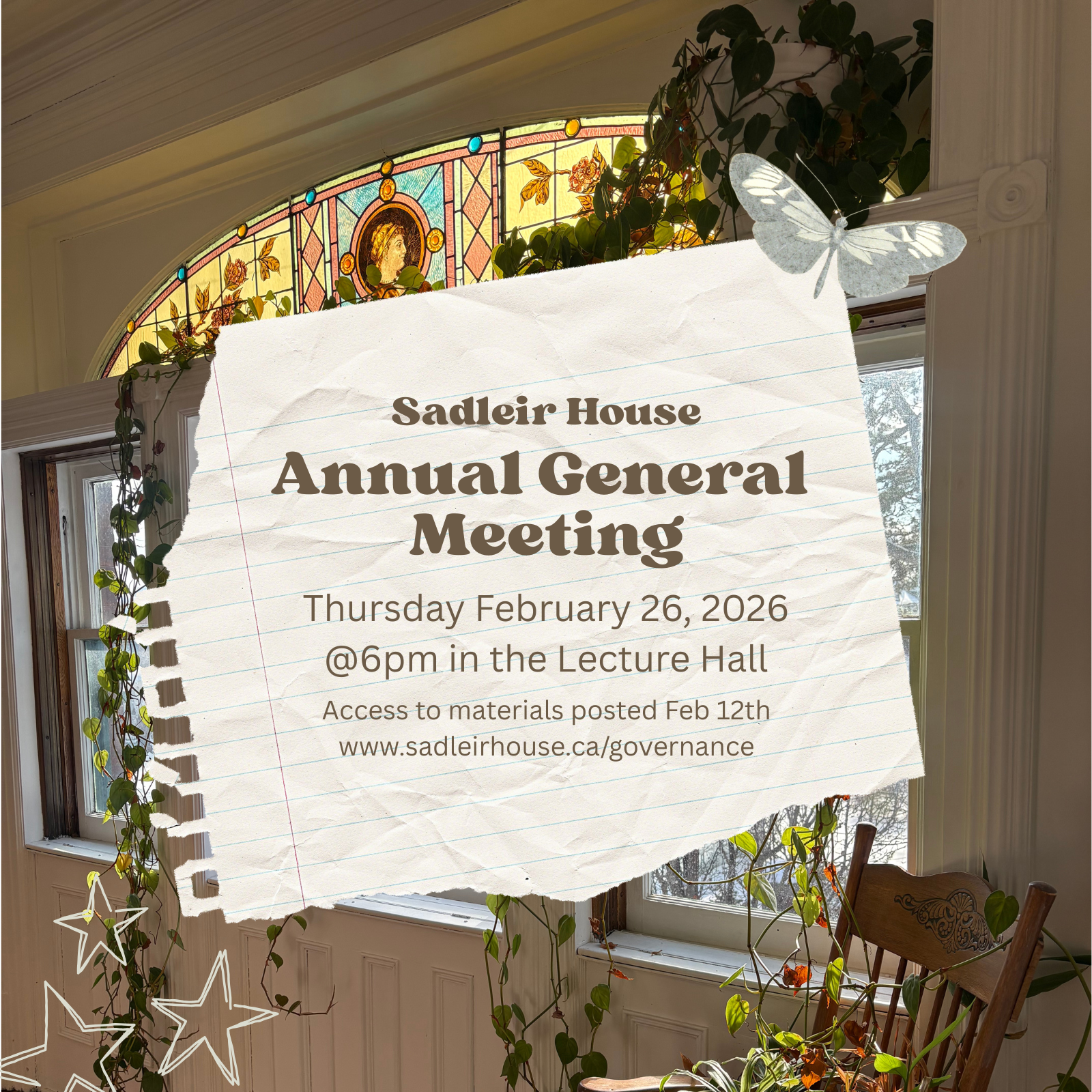







.jpg)
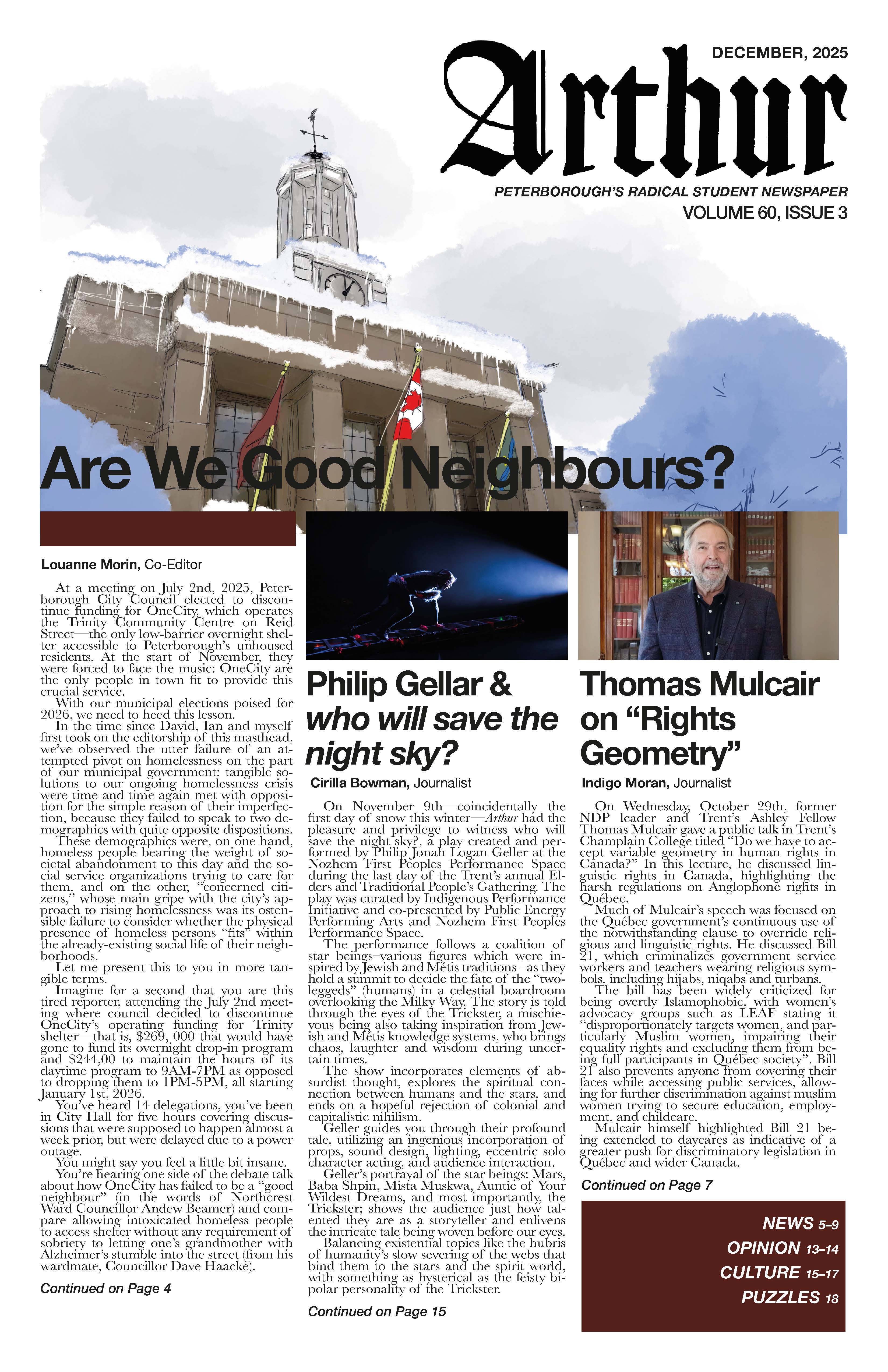
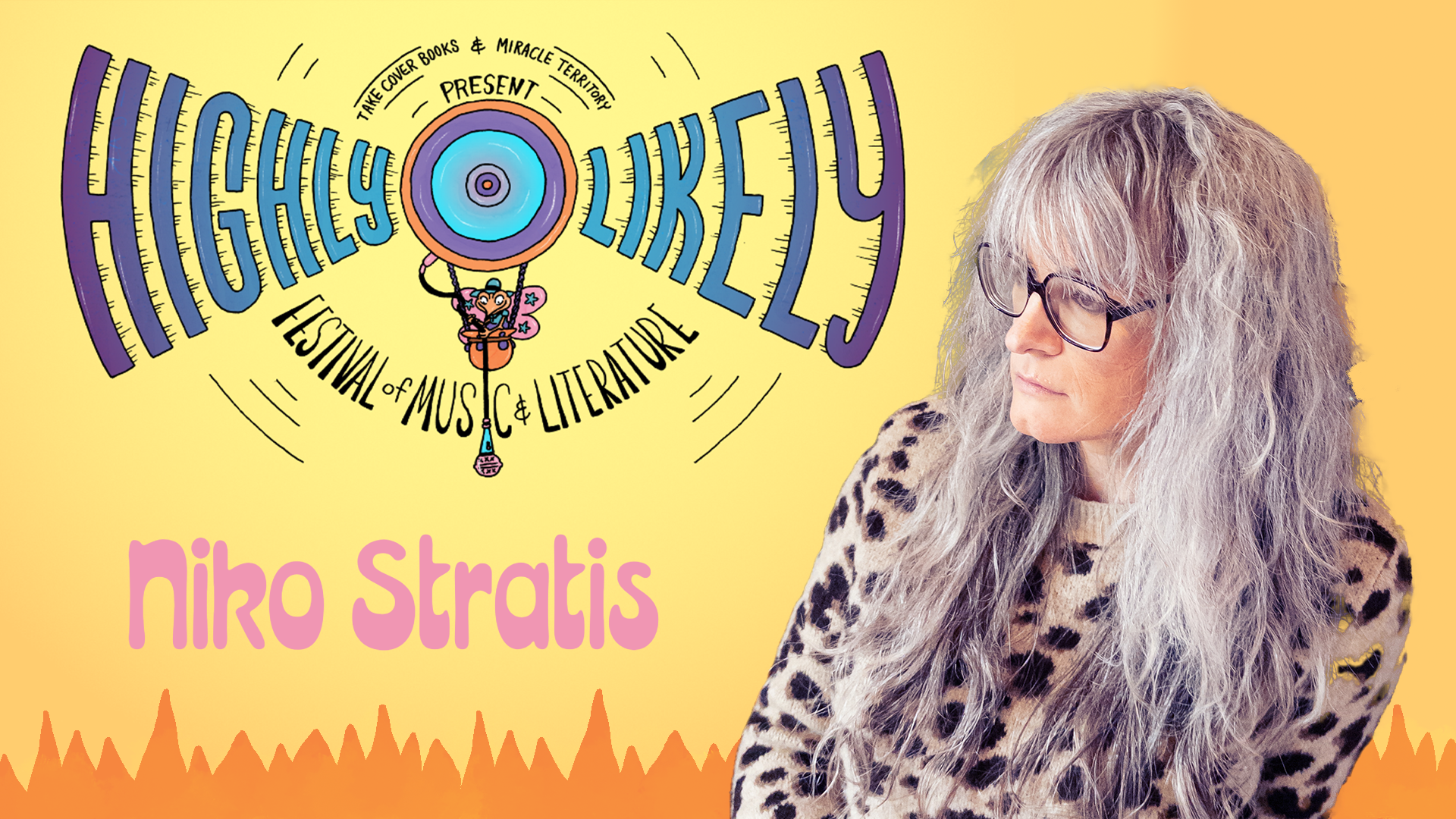
.png)
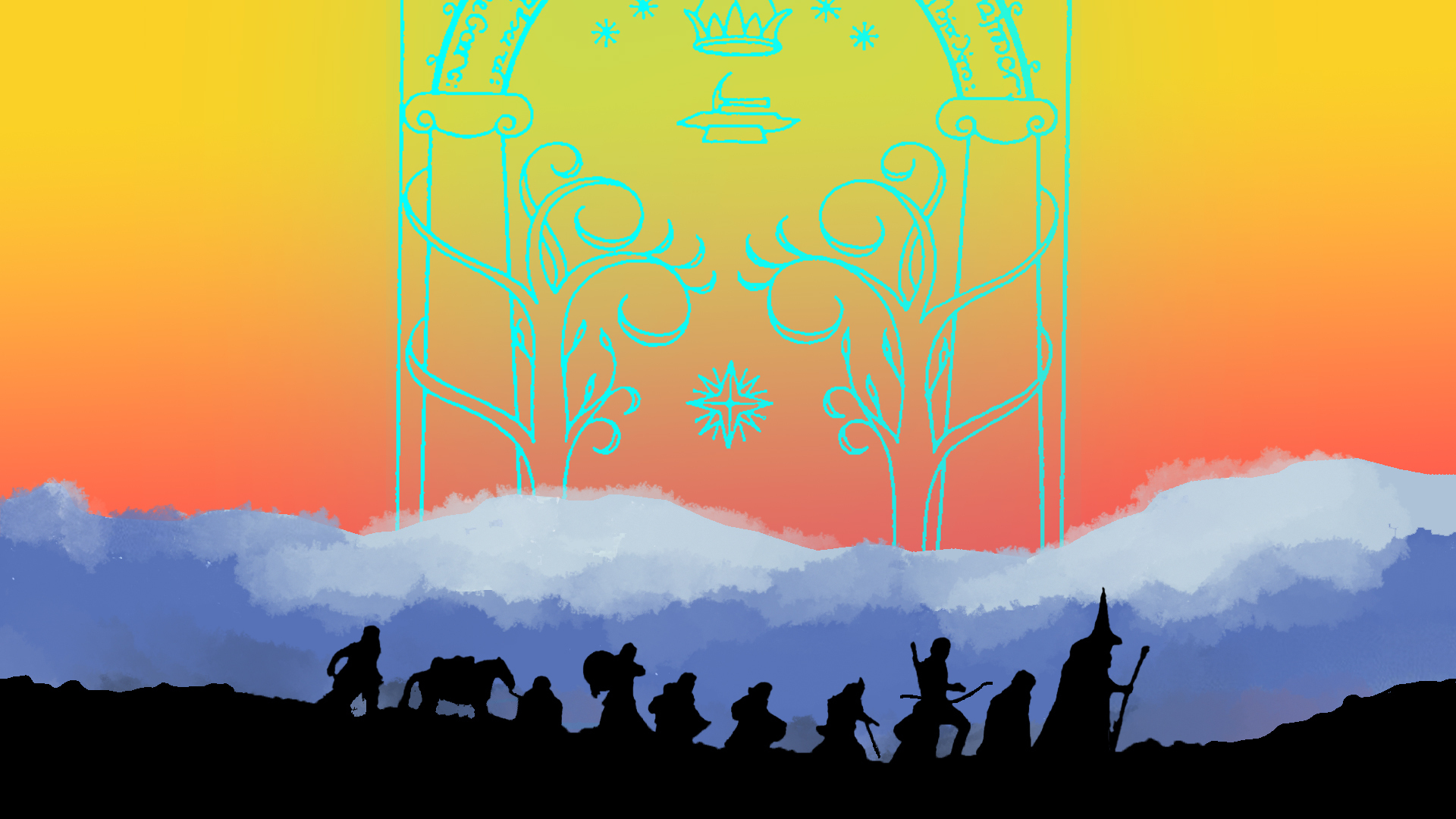
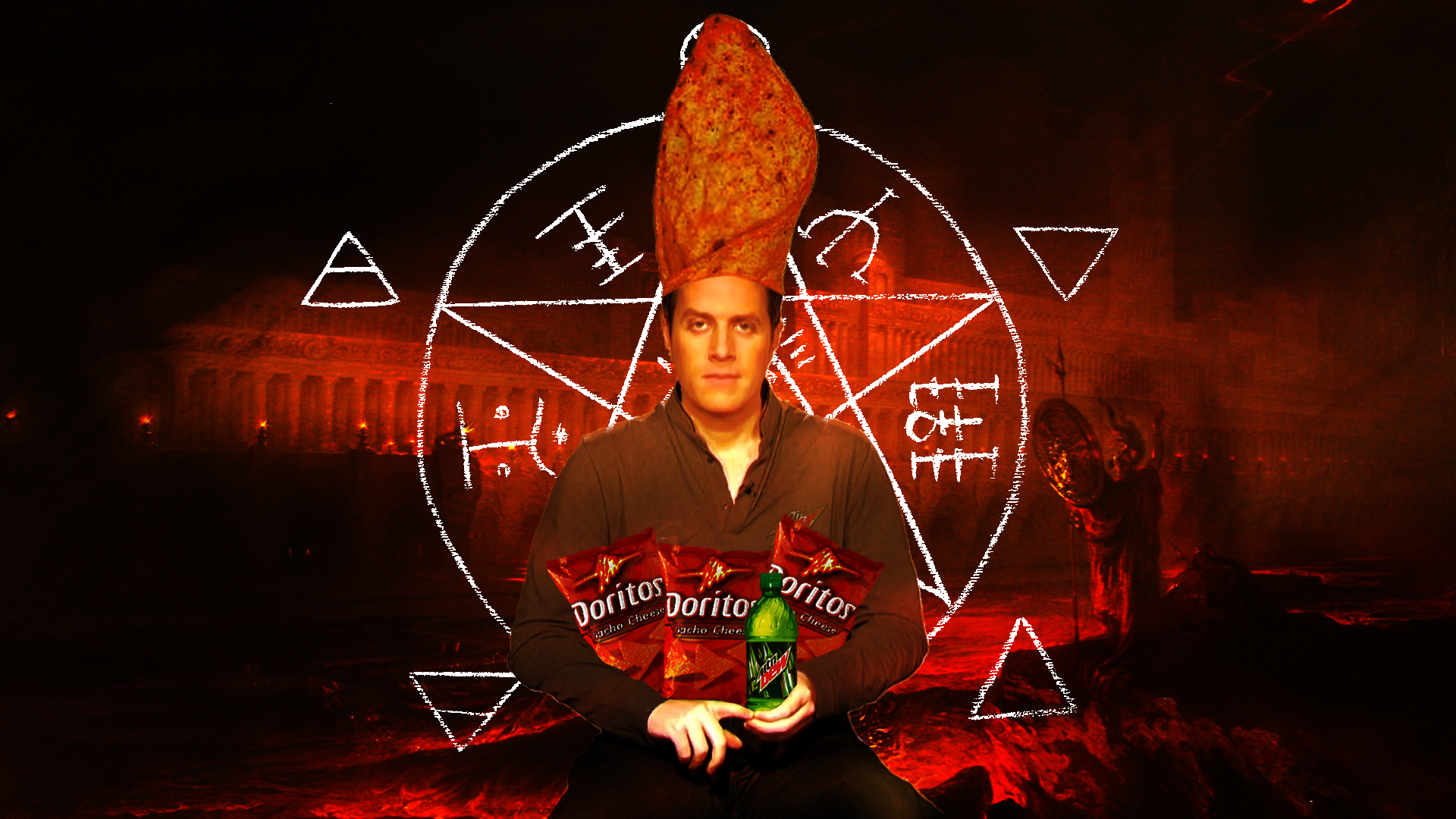

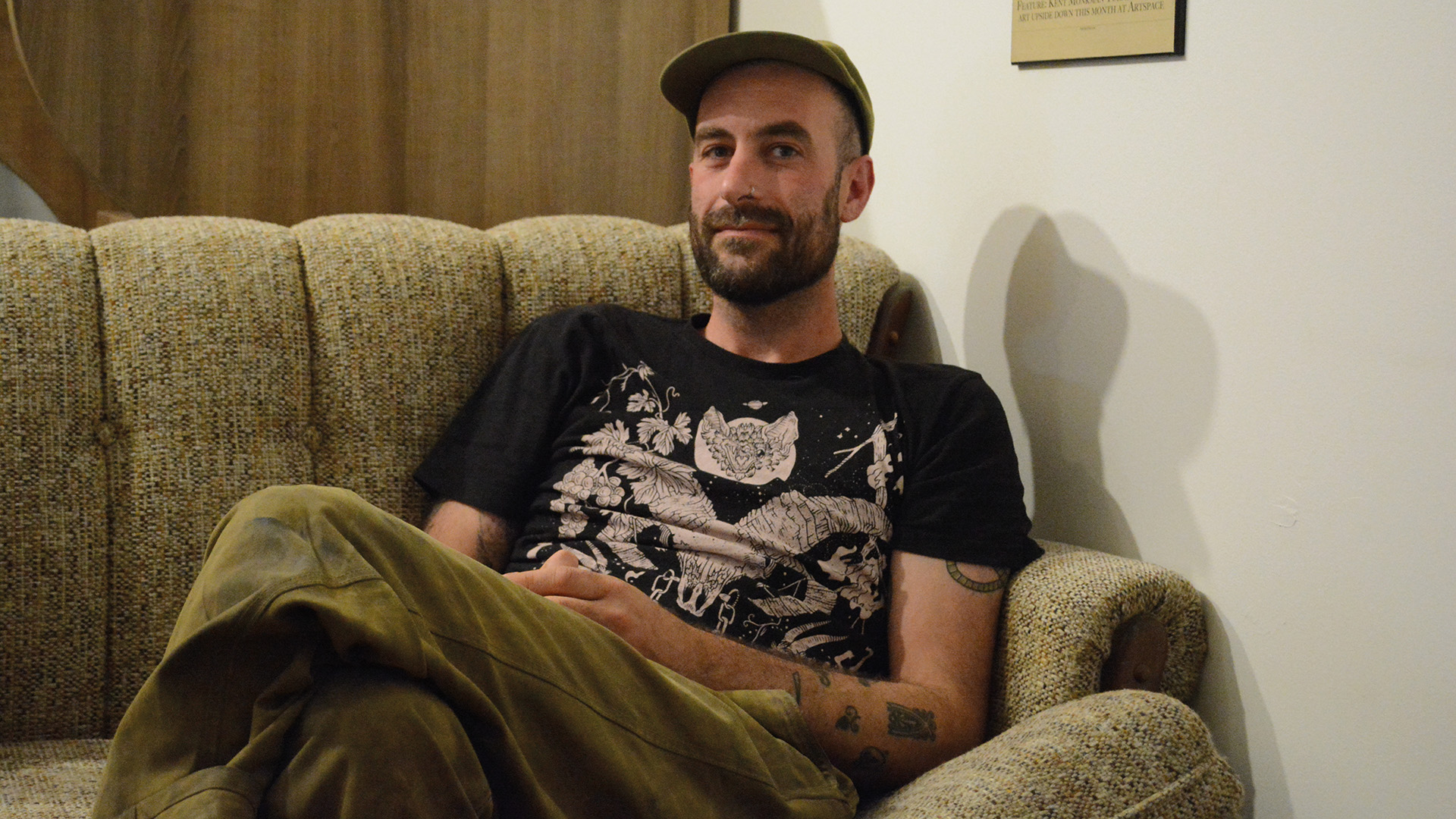

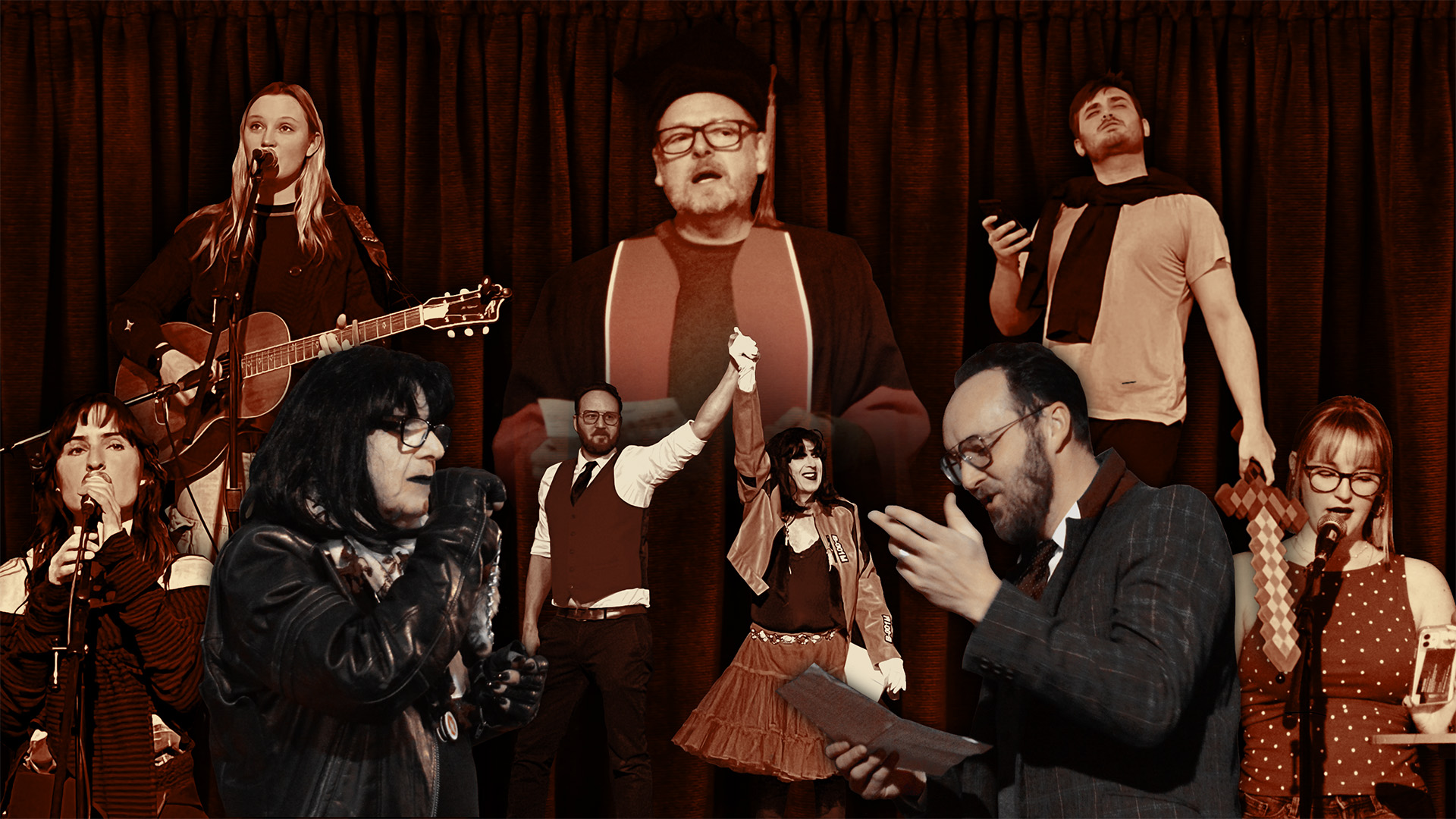
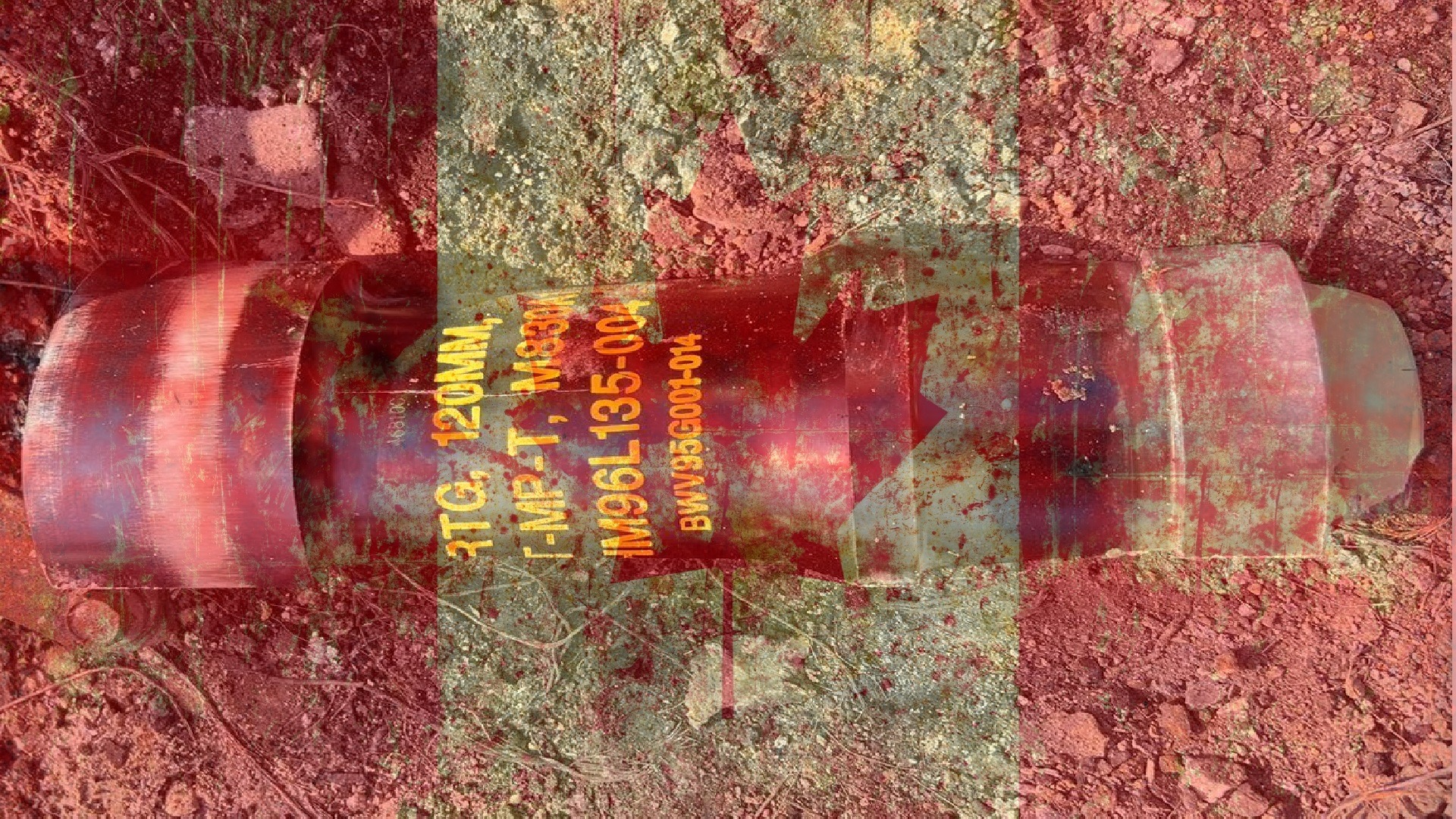

.png)